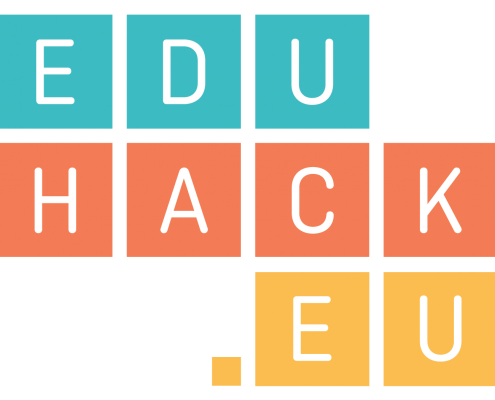Search for Open Educational Resources (OER)
Read
 Most of the content shared on the Internet is protected by copyright; even if no © symbol, ‘all rights reserved’ statements or the word ‘copyright’ are explicitly used. That means you are not allowed to copy or reuse it. While in many countries there are exceptions to copyright for education and teaching (often known as ‘fair use‘), they are largely limited to closed environments (i.e. the physical classroom, virtual learning environments) and vary wildly from one jurisdiction to another. The best way of ensuring you can use and modify online content is to search for Open Educational Resources (OER), that are “teaching, learning and research materials in any medium, digital or otherwise, that reside in the public domain or have been released under an open license that permits no-cost access, use, adaptation and redistribution by others with no or limited restrictions”. (2012 OER Paris Declaration). Read the Open Content definition by David Wiley to find out more about the principles underpinning this concept.
Most of the content shared on the Internet is protected by copyright; even if no © symbol, ‘all rights reserved’ statements or the word ‘copyright’ are explicitly used. That means you are not allowed to copy or reuse it. While in many countries there are exceptions to copyright for education and teaching (often known as ‘fair use‘), they are largely limited to closed environments (i.e. the physical classroom, virtual learning environments) and vary wildly from one jurisdiction to another. The best way of ensuring you can use and modify online content is to search for Open Educational Resources (OER), that are “teaching, learning and research materials in any medium, digital or otherwise, that reside in the public domain or have been released under an open license that permits no-cost access, use, adaptation and redistribution by others with no or limited restrictions”. (2012 OER Paris Declaration). Read the Open Content definition by David Wiley to find out more about the principles underpinning this concept.
Several projects exist on how to organise Open Educational Resources, for example OER Commons, Connexions, Khan Academy and Saylor.org. In these platforms you can search, browse, and evaluate resources, exploring some curated collections of full university courses, interactive mini-lessons and simulations, adaptations of existing open work, open textbooks, and so on.
If you want to extend your search to the world wide web you can resort to Google advanced search functionalities. Google search offers various operators (highlighted in the following table) that allows you to define your search terms accurately. You can read more about advanced search operators here.
| Google shortcut: | Find pages that have: |
|---|---|
| educational material | the exact words “educational” and “material” |
| educational OR material | either the word educational or the word material |
| “educational material” | the exact words “educational material” |
| educational -video | the word educational but not the word video |
| site: khanacademy.org/ education | the word “education” inside one of the many pages of Khan Academy |
| filetype: pdf education | the words “education” inside pdf files only |
| allintitle: education | the word “education” in their title |
Watch
Public copyright licenses, also known as open licences, have been fundamental in the consolidation and spread of OER, Creative Commons licences being the most popular choice for institutions and educators releasing OER. These two short videos explain the basics of Creative Commons:
A Shared Culture, by Jesse Dylan (duration: 3:20)
Learning about OER, by EmergingEdTech (duration: 5:04)
Finding OER Using Google, by USU Libraries (duration: 1:53)
Do
(estimated time to complete the task: 1 hour)
Go to https://search.creativecommons.org/ and select some content (i.e. text, image, video, music) you could use as part of your course/lessons. You can also explore the OER search engine developed by the Open Education Consortium or OER Commons to find materials that could be of use to your students.
Post the resource/s you have selected on your own blog or the EduHack Wall explaining how you would incorporate it/them into your teaching and answering the following questions:
- Where did you find the resource/s?
- What keywords did you use? How did you choose them?
- What could you do with it/them based on their licenses?
- What quality considerations have you applied in order to determine that it is an appropriate and relevant resource?
Additional Resources
- Follow the course “Using Open Educational Resources in Teaching” for a good introduction to OER, complete with a discussion on the main issues and how to use them in your courses.
- Browse the OER World Map to appreciate all the OER initiatives going on in many different countries and contexts.
- For a very good review of the Open Education and OER movement and main issues, read the 2014 open book by Martin Weller The Battle for Open.
- Read the Open Content Licensing (OCL) for Open Educational Resources to gain a deep understanding of licenses on collaborative resources.
- Read the OER Starter Kit, that provides educators with an introduction to the use and creation of Open Educational Resources.

